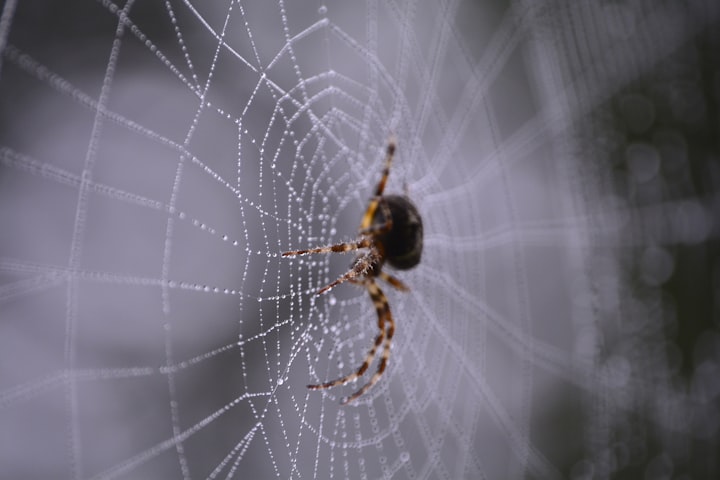5 Things to Expect From Your First Pest Control Visit
& how to prepare

If you've never had a visit from pest control, it's difficult to know what to expect. To help you get the most from your appointment, here are five things that will happen.
1. Full Internal Inspection
When the exterminator arrives, they'll introduce themselves and explain the process. Generally, they'll start with an internal inspection, which involves walking through each room and inspecting them for signs of pests. Roughly, here's what this involves.
Food source inspection
Pests are drawn to food sources, including:
- Open cereal boxes
- Food cupboards
- Refrigerators
- Basements
Your exterminator will look for signs of an infestation around these areas. They may see the pests themselves, or they might identify droppings, gnawed boxes or other tell-tale signs of unwelcome visitors.
Entry point assessment
The exterminator will check entry points to your home for signs of pest activity such as droppings, spider webs or nests. Entry points include:
- Windows
- Doors
- Pipes
- Garages
- Crawlspaces
- Attics
2. Comprehensive External Inspection
Pests need a way into your house, so the external inspection is just as important. Here's what this step involves:
- Yard inspection: The yard inspection involves checking your greenery for signs of infestation and identifying ways in which bugs could enter your house from garden plants.
- Wall assessment: This involves looking for holes that could make it easy for pests like rats and mice to enter your property, and cracks in your foundation.
3. Moisture Assessment
Just as we need water, so do pests. As a result, moist or damp areas attract a variety of pests like ants, cockroaches, drain flies and silverfish.
When the exterminator visits, they'll look for dampness around your home, especially in areas like the kitchen and bathroom. They'll use a flashlight to inspect dark corners and a moisture meter to identify concealed damp in the walls.
If you've already spotted signs of excess moisture, like mould, damp smells or leaks around your plumbing, be sure to point this out to the exterminator. Although they'll still perform a full inspection, this could help them narrow down their search.
4. Findings Report
After completing the inspection, your exterminator will take a few minutes to compile a report of their findings. They'll usually do this on-site, whether it's in their vehicle or in a quiet corner of your home. Try not to disturb them while they're compiling the report – you'll have plenty of time to ask questions once it's ready.
It's best to ensure you're not in a rush when you schedule your first appointment so you've got time to go over the findings.
5. Discussion and Quote
Generally speaking, the sooner you take action on a pest problem, the easier it is to treat. So, if your exterminator identifies a problem, chances are they'll want to take action quickly. Normally, they'll explain:
- What problems they found
- The best way to treat the infestation
- How much the treatment costs
- The number of visits you might need
- How you can prevent the problem from recurring
Whether it's laying traps or applying a chemical treatment, exterminators can often start tackling your infestation on the first visit. They'll usually schedule a time to come back and check that the treatment plan is working.
How to Prepare for Your First Pest Control Visit
There are a few things you can do in advance of an exterminator's first visit to ensure you get the most from the service.
Pull out furniture or large appliances from the corners of your home. This may help your exterminator identify problem areas.
Empty the trash and tidy away food and other kitchen utensils.
Take off bedsheets and pillowcases and store them in plastic wrapping. This gives your exterminator better access to your furniture and also protects your fabrics from the chemicals used during any treatment process.
Cover any aquariums with plastic, and consider asking a friend or neighbour to look after your dog or cat during the visit. Pets are highly sensitive to most chemical treatments.
At the time you schedule your appointment, your exterminator will advise you if there's anything else you should do in advance.
Takeaway
No matter how careful you are, there's still a chance you'll face a pest problem. However, now that you know what to expect, it should hopefully be a less stressful experience for you and your family.
If you're worried about spiders, rats, or other pests, book an appointment with an exterminator right away. Remember, the sooner you identify the problem, the quicker (and cheaper) it is to treat.






Comments
There are no comments for this story
Be the first to respond and start the conversation.